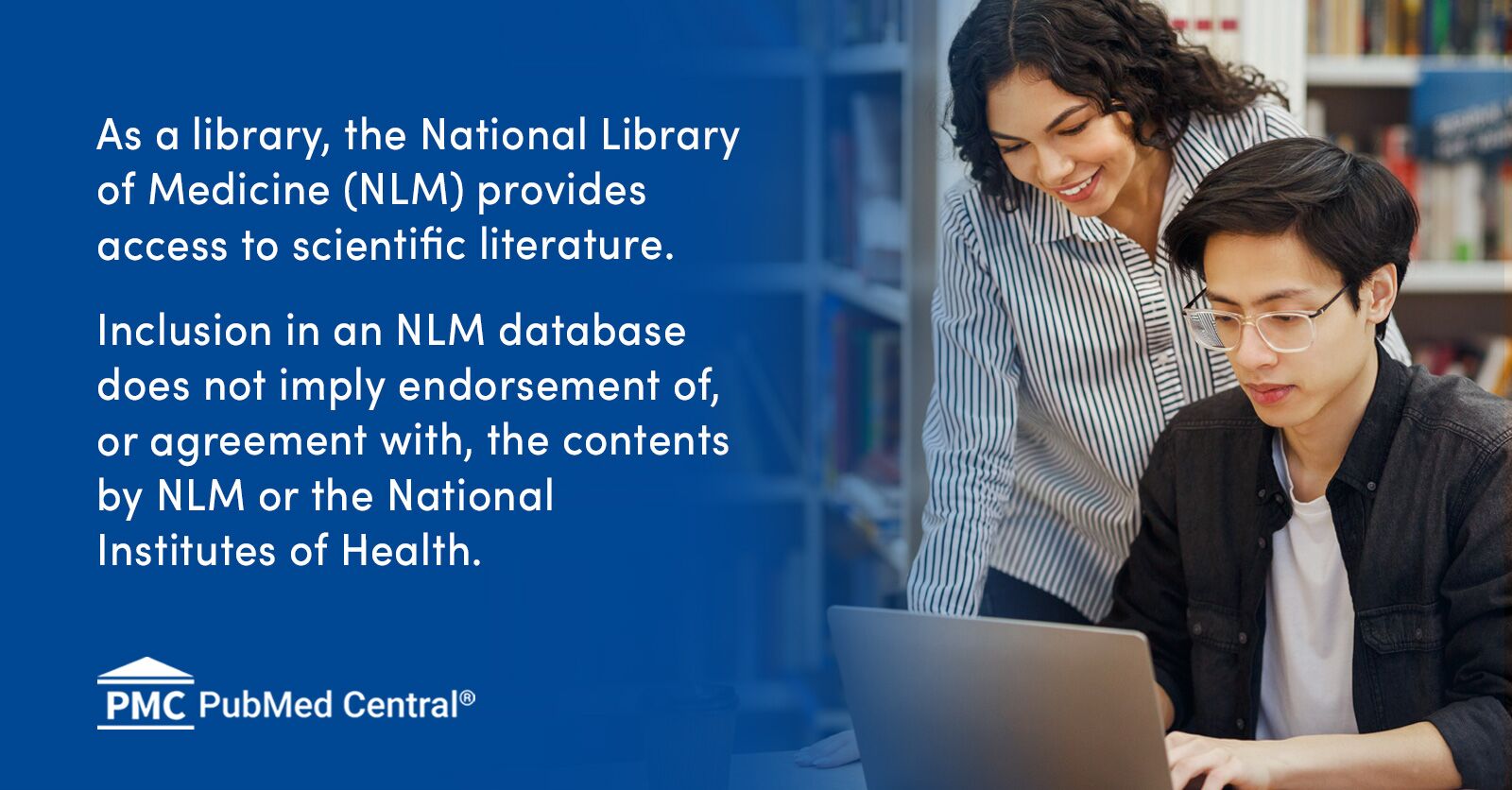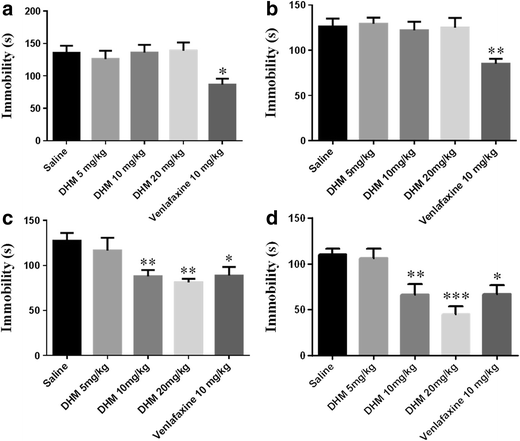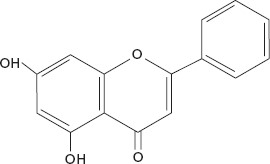- Joined
- Jul 21, 2002
- Messages
- 12,052
Dihydromyricetin is a flavonoid that is most commonly found in the form of vine tree extract. It is used sometimes as hangover relief remedy. The structure is unremarkable, appearing very similar to quercetin:

Dihydromyricetin, via its own GABAergic properties, seems to competitively block some of the GABAergic effects of ethanol. This may be either via dihydromyricetin's activity at various BZD binding sites, or perhaps due to quercetin like activity at GABA-A b1 and b3 (which is just my speculation and has yet to be characterized with dihydromyricetin).
Yet it supposedly reduces symptoms of alcohol withdrawal and has apparent anticonvulsant activity, which again, based on its similar structure to the more well profiled flavonoid quercetin, probably stems from non-BZD topiramate-like activity at GABA-A b1 and b3 sites. Or perhaps like similar flavonoids, like baicalein, which seem to behave as non-hypnotic positive allosteric modulators of GABA-A (specifically at BZD binding sites -- apart from a1 subunits). Yet others, like oroxylin-a, are supposedly negative modulators of GABA-A. My guess is that the real story here is that many of these act as very low efficacy positive allosteric modulators, thus producing conflicting reports of both negative and positive allosteric modulation.
I have used dihydromyricetin following fairly heavy drinking, using doses of 2 to 4 grams, and the effect in reducing hangover/residual effects of alcohol is shockingly unsubtle (ie, it very significant reduces hangover/residual intoxication). The magnitude of this effect is far more profound than what one would expect from a flavonoid, instead more resembling something one would expect from a pharmaceutical.
It does not reduce the dehydration and electrolyte imbalance, but the vast majority of cognitive symptoms are gone. Following a night of pretty heavy vodka consumption with 4 grams of dihydromyricetin before bed, one wakes up surprisingly refreshed and alert, without the dizziness and sense of poisoning, mental fog, rebound anxiety, etc. Some of the physical aspects are strongly minimized, nausea, etc.
It is not side-effect free. Most notable in my experience:
- sleep disturbances, vivid dreaming, waking up undesirably early
- seems to increase total drinking if taken before drinking as it seems to partially reverse alcohol intoxication
- increases total drinking if one anticipates that they will consume the dihydromyricetin at the end of the night (since it can serve to reduce the negative consequences)
Since I recently kicked kratom after a few month run, and have also used a benzos a few times recently (which give me horrible rebounds due to past dependency), any increase in insomnia for me is quite unwanted, so I have been resorting to dihydromyricetin less as of late, but the power of its effects are undeniable.
Related readings:

 www.ncbi.nlm.nih.gov
www.ncbi.nlm.nih.gov

 link.springer.com
link.springer.com

Dihydromyricetin, via its own GABAergic properties, seems to competitively block some of the GABAergic effects of ethanol. This may be either via dihydromyricetin's activity at various BZD binding sites, or perhaps due to quercetin like activity at GABA-A b1 and b3 (which is just my speculation and has yet to be characterized with dihydromyricetin).
Yet it supposedly reduces symptoms of alcohol withdrawal and has apparent anticonvulsant activity, which again, based on its similar structure to the more well profiled flavonoid quercetin, probably stems from non-BZD topiramate-like activity at GABA-A b1 and b3 sites. Or perhaps like similar flavonoids, like baicalein, which seem to behave as non-hypnotic positive allosteric modulators of GABA-A (specifically at BZD binding sites -- apart from a1 subunits). Yet others, like oroxylin-a, are supposedly negative modulators of GABA-A. My guess is that the real story here is that many of these act as very low efficacy positive allosteric modulators, thus producing conflicting reports of both negative and positive allosteric modulation.
I have used dihydromyricetin following fairly heavy drinking, using doses of 2 to 4 grams, and the effect in reducing hangover/residual effects of alcohol is shockingly unsubtle (ie, it very significant reduces hangover/residual intoxication). The magnitude of this effect is far more profound than what one would expect from a flavonoid, instead more resembling something one would expect from a pharmaceutical.
It does not reduce the dehydration and electrolyte imbalance, but the vast majority of cognitive symptoms are gone. Following a night of pretty heavy vodka consumption with 4 grams of dihydromyricetin before bed, one wakes up surprisingly refreshed and alert, without the dizziness and sense of poisoning, mental fog, rebound anxiety, etc. Some of the physical aspects are strongly minimized, nausea, etc.
It is not side-effect free. Most notable in my experience:
- sleep disturbances, vivid dreaming, waking up undesirably early
- seems to increase total drinking if taken before drinking as it seems to partially reverse alcohol intoxication
- increases total drinking if one anticipates that they will consume the dihydromyricetin at the end of the night (since it can serve to reduce the negative consequences)
Since I recently kicked kratom after a few month run, and have also used a benzos a few times recently (which give me horrible rebounds due to past dependency), any increase in insomnia for me is quite unwanted, so I have been resorting to dihydromyricetin less as of late, but the power of its effects are undeniable.
Related readings:

Identification of Dihydromyricetin and Metabolites in Serum and Brain Associated with Acute Anti-Ethanol Intoxicating Effects in Mice
Dihydromyricetin is a natural bioactive flavonoid with unique GABA[A] receptor activity with a putative mechanism of action to reduce the intoxication effects of ethanol. Although dihydromyricetin’s poor oral bioavailability limits clinical utility, ...

Dihydromyricetin exerts a rapid antidepressant-like effect in association with enhancement of BDNF expression and inhibition of neuroinflammation - Psychopharmacology
Rationale Major depressive disorder (MDD) is a highly prevalent illness that affects large populations across the world, and increasing evidence suggests that neuroinflammation and levels of brain-derived neurotrophic factor (BDNF) are closely related to depression. Dihydromyricetin (DHM) is a...
Last edited:

